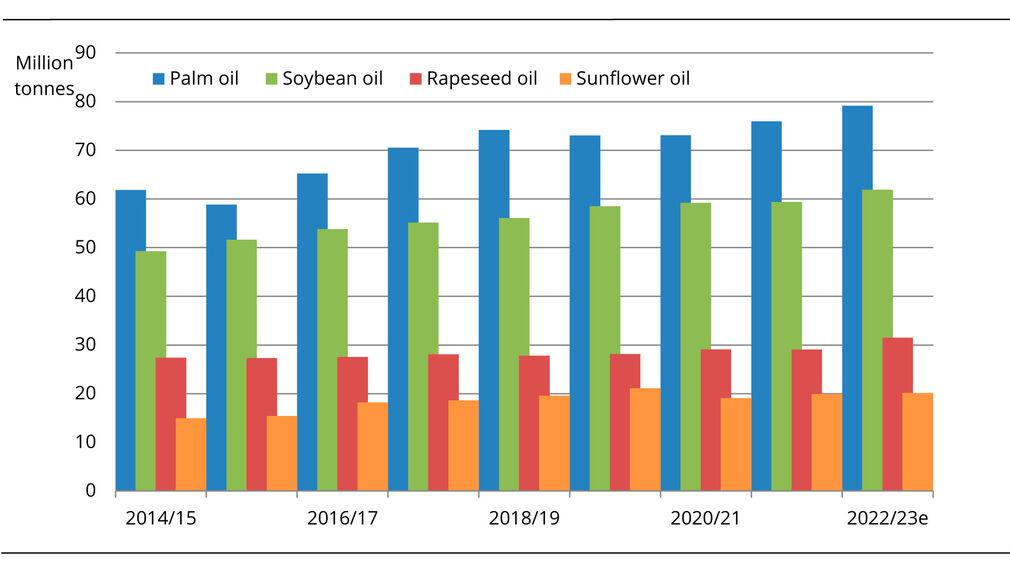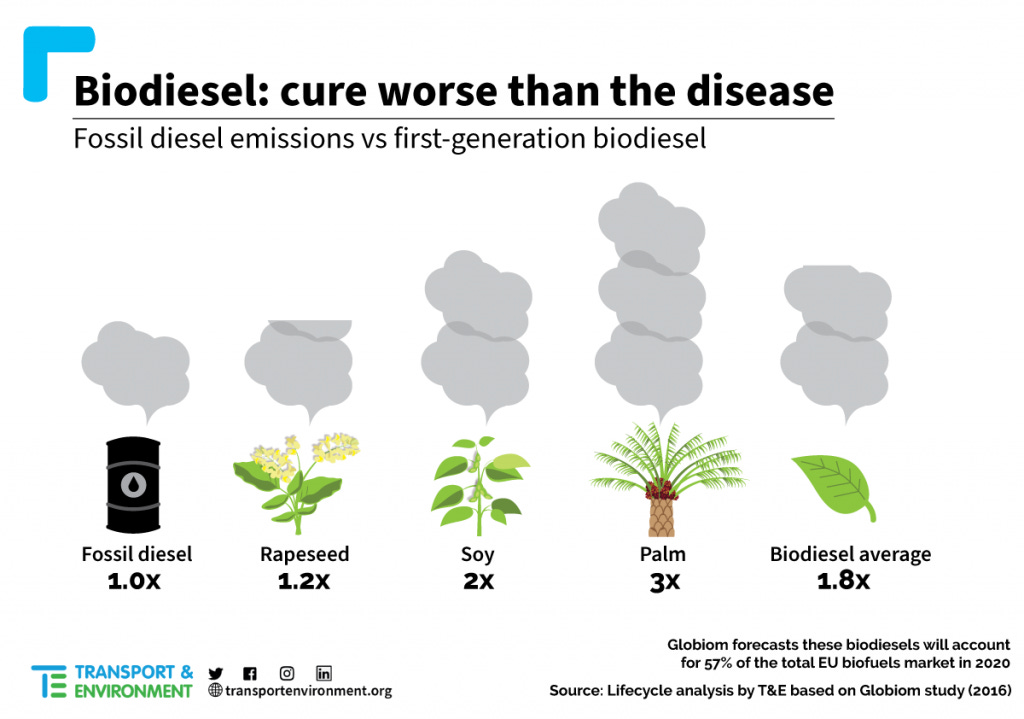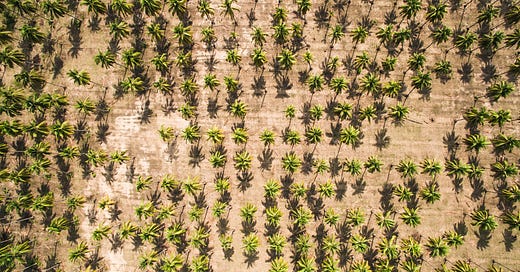🌴 Palm Oil: Can We Achieve a Sustainable Future and Save the Rainforest?
A Comprehensive Look at the Environmental, Social, and Health Consequences of Palm Oil
📖 About us: We are a UK startup that helps people enjoy a healthy plant-based lifestyle while saving money. Ranked in the top App Store charts across Europe, the Plantwise meal-planning app 🔗📲 offers protein-rich recipes that are both tasty and affordable.
Palm oil is a versatile ingredient found in a wide range of products, from processed foods to cosmetics. However, its widespread use has raised serious environmental, social, and health concerns. In this article, we'll explore the complexities of palm oil production and consumption, and discuss what we can do as consumers, companies, and governments to address these issues.
🌴 What is palm oil, and how is it produced?
Palm oil comes from the fruit of the oil palm tree, primarily the African oil palm (Elaeis guineensis). The fruit's pulp yields crude palm oil, while the kernel provides palm kernel oil. Palm oil production involves harvesting the ripe fruit, separating the fruit from the bunch, and then pressing and refining the oil. In 2022, the global production of palm oil reached 77 million tons, making it the most commonly produced vegetable oil worldwide, ahead of soybean, rapeseed, and sunflower oils.

The majority of palm oil is produced in Southeast Asia, particularly Indonesia and Malaysia, which together account for around 85% of global production. Other significant producers include Thailand, Colombia, and Nigeria. The process of palm oil production can be labour-intensive and has been linked to various environmental and social issues, which we will discuss further in the following sections.
⛽️ Why is palm oil so widely used?
Palm oil's popularity stems from its unique properties and low production costs. It is semi-solid at room temperature, has high oxidative stability, and can be easily processed. As a result, it is found in various products such as frozen pizzas, biscuits, margarine, soaps, and detergents. In fact, the food industry uses palm oil in about half of all supermarket products (WWF).
Moreover, almost half of the palm oil imported into the European Union (EU) is used as biofuel. Since 2009, the mandatory blending of biofuels into motor vehicle fuels (actually intending to reduce emissions) has been a major cause of deforestation. Palm oil’s low cost and diverse applications have contributed to the rapid expansion of the industry, leading to significant environmental and social consequences.
🌳 What are the environmental impacts of palm oil production?
Palm oil production has been linked to significant environmental issues, including deforestation, biodiversity loss, and climate change. Vast tracts of tropical rainforests in Southeast Asia, Latin America, and Africa have been cleared to make way for oil palm plantations, covering more than 27 million hectares of land, an area the size of New Zealand. This deforestation leads to the destruction of habitats for endangered species like orangutans, Borneo elephants, and Sumatran rhinos and tigers.
Draining peatlands for plantation development releases large amounts of carbon dioxide, contributing to greenhouse gas emissions. In 2015, Indonesia – the world's largest producer of palm oil – temporarily surpassed the United States in terms of greenhouse gas emissions due to the expansion of oil palm plantations. Furthermore, palm oil-based biofuels have been found to emit three times the amount of greenhouse gases as traditional fossil fuels (see below).

Unlock the Full Story: Don't miss out on crucial insights into the social and health implications of palm oil, sustainable initiatives, and actionable steps you can take to make a difference. Claim your 1-week free trial and gain unlimited access to this article and more!
Keep reading with a 7-day free trial
Subscribe to Plantwise 🌱 to keep reading this post and get 7 days of free access to the full post archives.





